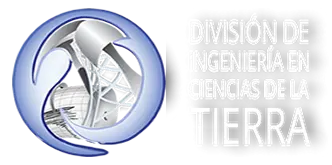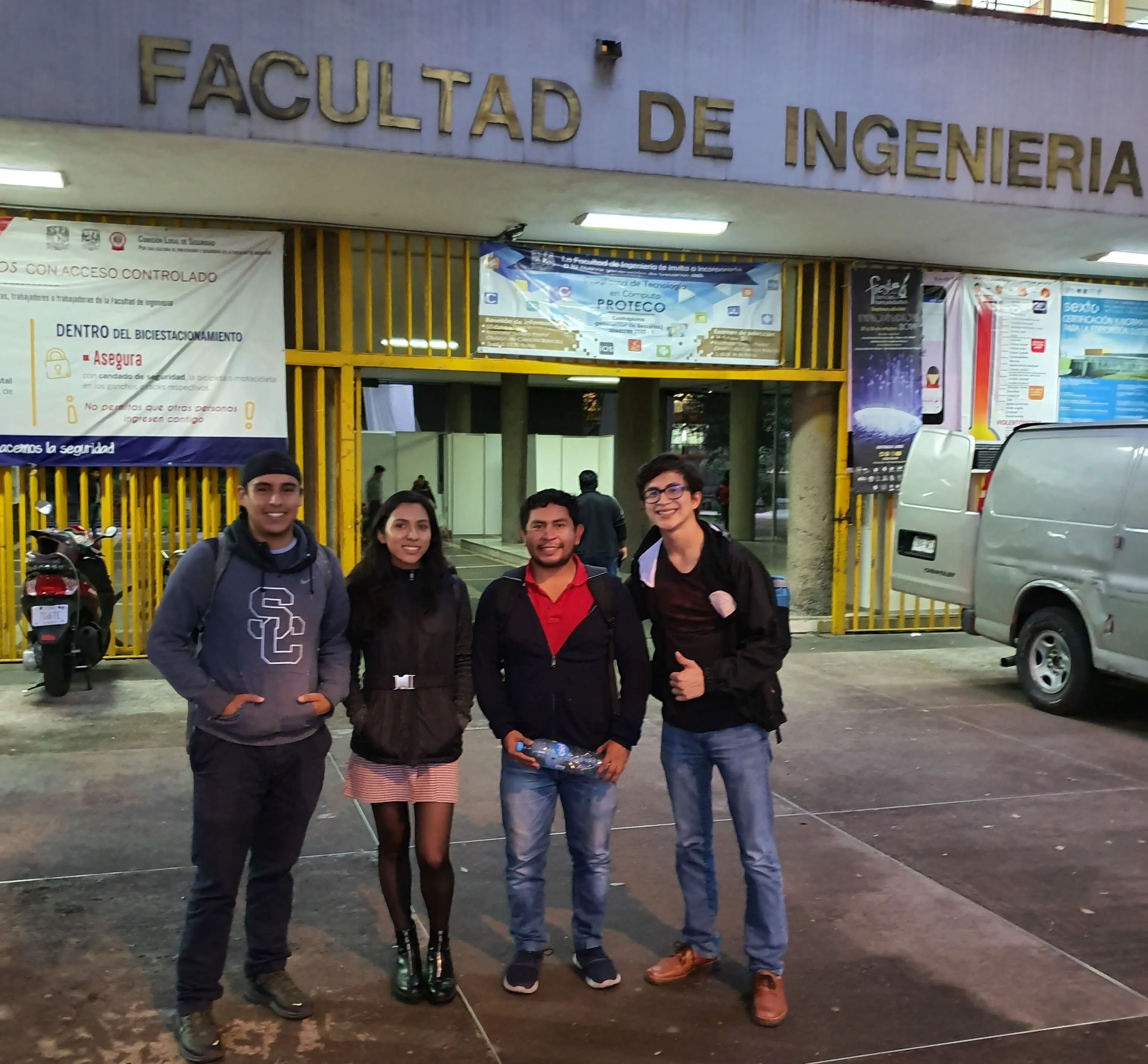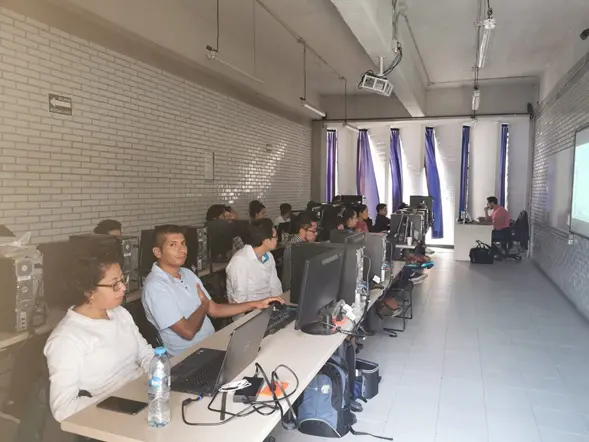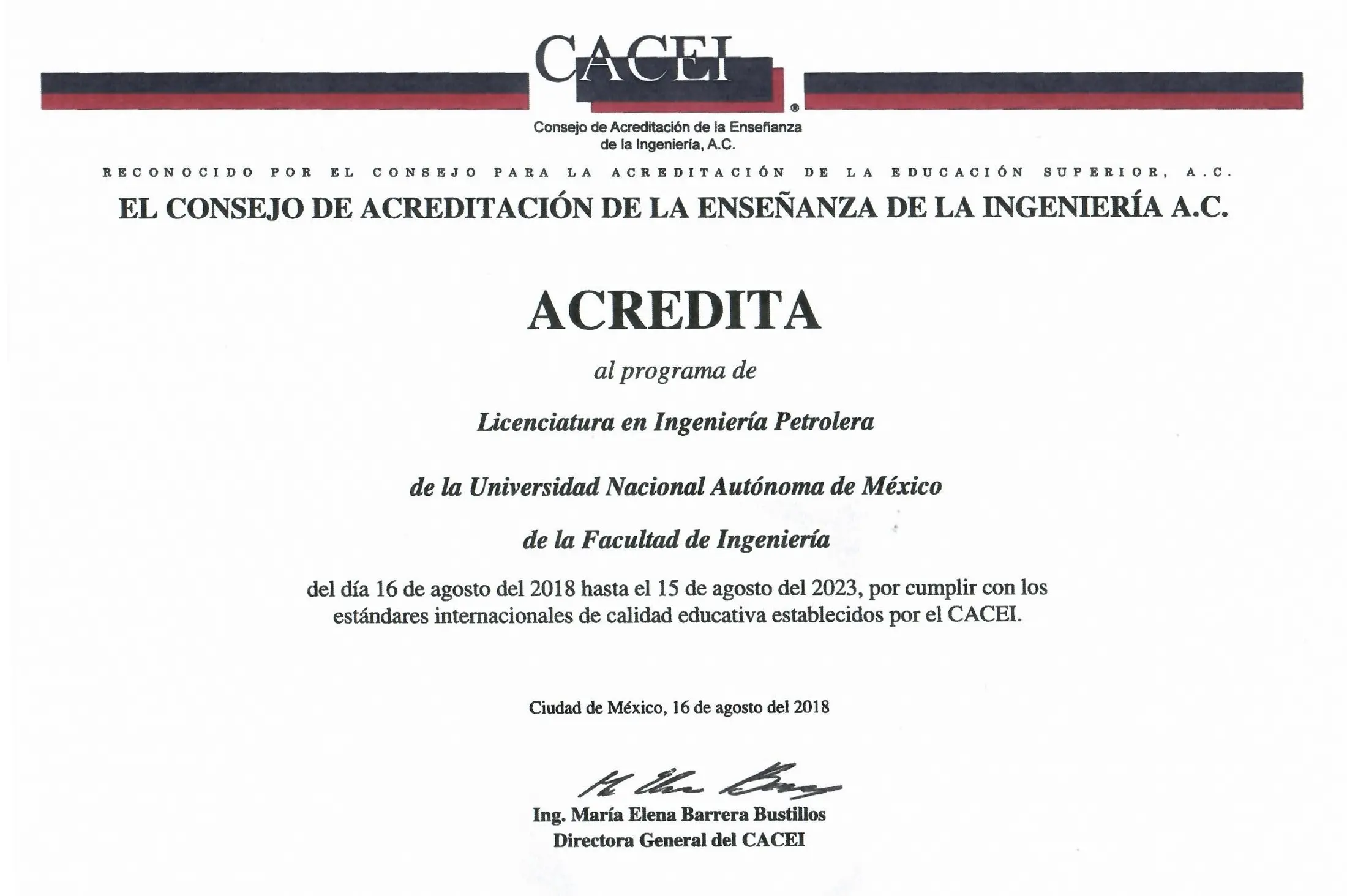


About Us
The Petroleum Engineering Career is a national reference and of international prestige in the formation of professionals at the undergraduate and graduate levels, highly competitive and demanded by the productive sectors due to their integral formation and knowledge of engineering, and has at the same time, clearly defined its participation in the national context in matters of exploration and production of hydrocarbons, in such a way that it contributes to the well-being and sustainable development of the population.
The Department of Petroleum Engineering offers Bachelor's, Master's and Doctorate programs, the latter two in conjunction with the EERN Graduate Program of the School of Engineering, which can be consulted here.


The main objectives of our program are:
- To train leaders of multidisciplinary teams focused on engineering projects for the exploitation of underground fluids, in the public or private sector.
- To train researchers to collaborate in projects related to engineering of subsurface fluid exploitation, which help the advancement of related sciences.
- To promote studies of continuous education in areas of engineering, administration, economy or finance.
- To identify areas of opportunity in the sectors where the Petroleum Engineer develops, showing ethics and social responsibility.
Accreditation
In addition, that our graduates participate in the design, measurement, operation and analysis of processes applied to the exploitation of fluids in the subsoil, attending the technical and environmental regulations in force.
Currently, the career of Petroleum Engineering is accredited by the Council of Accreditation of Engineering Education (CACEI), which fills us with pride and satisfaction, but at the same time, obliges us to maintain the commitment to continuous improvement of our educational programs.

The Petroleum Engineer is the professional who possesses the knowledge that allows him/her to carry out, with technical excellence, the programming, execution and direction of the processes of exploitation of hydrocarbons, water and geothermal energy, in order to yield economic benefits to the country and to foresee possible ecological damage to the environment.
- Develops methods and applies techniques to rationally exploit hydrocarbon deposits, always seeking the social, environmental and economic benefit of the country.
- Produces, optimizes and takes care of the oil resource with a vision of sustainable development.
- It has knowledge of the national and international energy context.
- It adapts to diverse work environments, where it is capable of making quick and appropriate decisions in the exercise of its profession.
- It also participates in the exploitation of geothermal fields for the generation of electric energy.
Among its main activities are:
Exploitation of hydrocarbons
- It plans the development of oil fields and reservoirs, as well as determining the location of the wells to be drilled.
- It programs, directs and supervises the works related to the drilling, completion and repair of wells, also coordinates the taking of exploitation records and performs qualitative and quantitative interpretations of them.
- It projects and designs the necessary stimulations in the wells, besides installing the artificial production methods that they require.
- It organizes and verifies fluid injection operations in secondary and enhanced hydrocarbon recovery processes.
- Describes, analyzes and interprets the information obtained by various means during the drilling of the wells.
- Characterizes reservoirs and determines the amount of hydrocarbons they contain, in addition to predicting their primary and secondary behavior.
- It supervises the correct conduction of oil, water and geothermal steam, from the subsoil to the surface.
- It carries out the collection, measurement, transport, storage and conditioning of the mentioned resources, as well as their exploration and rational quantification.
- It maintains and preserves wells, as well as equipment, tools and materials used in the exploitation.
- It elaborates the economic and feasibility analysis of the projects related to the exploitation of hydrocarbons, and directs their operation.
Exploitation of aquifers
- It optimizes the rational exploitation of ground water.
- Programs, organizes and supervises the drilling of wells, both for irrigation and drinking water.
- It designs the completion of the wells and develops the exploitation areas.
- It intervenes in the general operation of the drilling systems, in the acquisition of equipment and consumption materials.
- Interprets geological and geophysical records and studies.
Exploitation of aquifers
- Program, finish and repair geothermal wells.
- It determines the extension of this type of deposits, predicts their behavior and makes a better exploitation of them.
- Selects equipment and adapts new drilling and well completion techniques.
The benefit of a rational extraction, with responsible and highly trained engineers, will favor the economic development in communities with oil activity, will offer the population an opportunity for employment and development, reducing migration to highly populated cities, hence the importance of the work that this professional carries out.